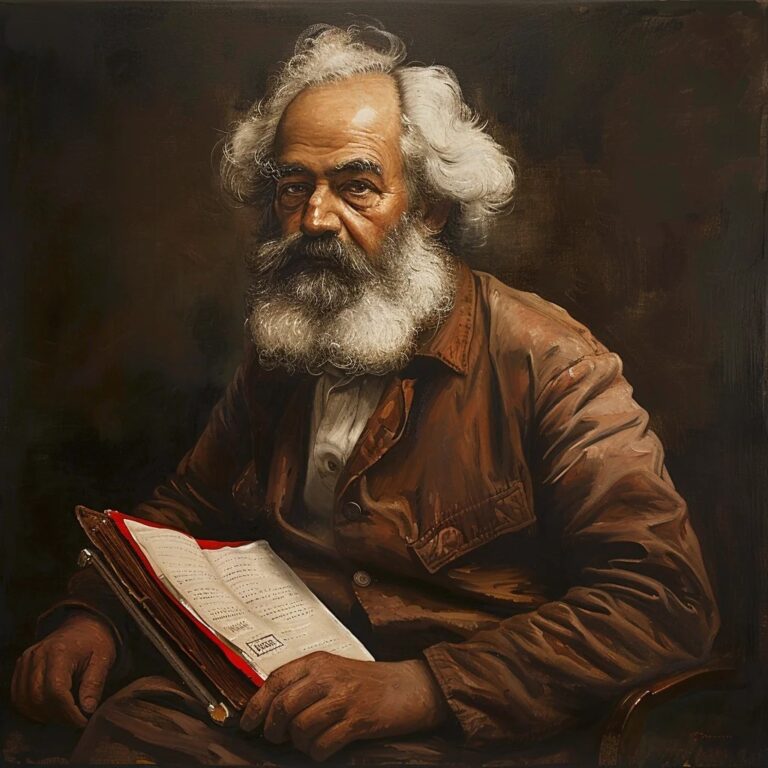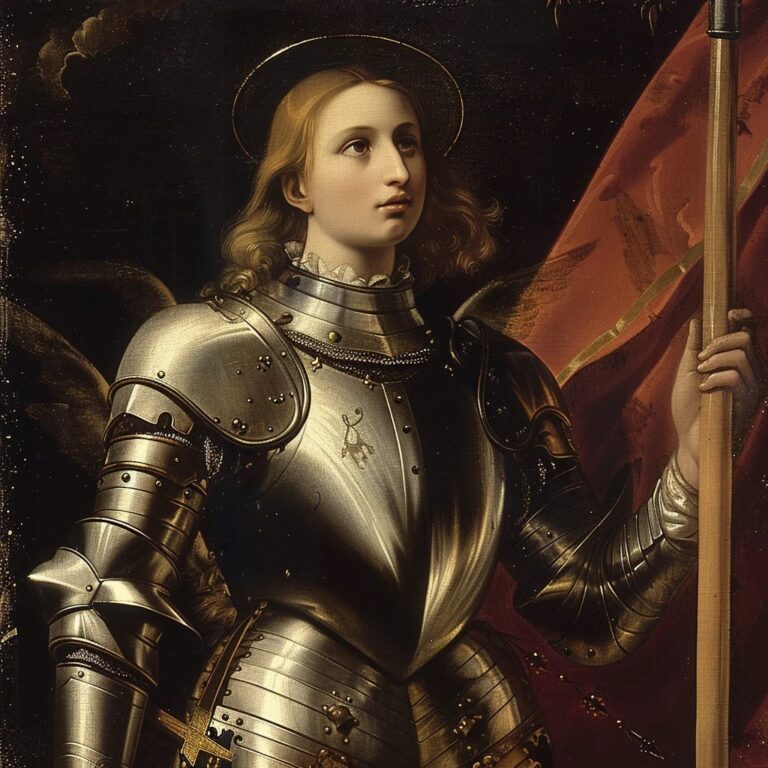Karl Marx was born on May 5, 1818, in Trier, Germany.
He is best known for his books 'The Communist Manifesto' and 'Das Kapital.'
Marx studied law and philosophy at the universities of Bonn and Berlin.
He collaborated with Friedrich Engels, who supported him financially and intellectually.
Marx's theory of historical materialism focuses on the role of economic factors in shaping history.
He was exiled from several countries due to his radical political views and activities.
Marx lived much of his later life in London, where he continued his writing and activism.
He worked as a journalist and wrote for various newspapers, including the New York Daily Tribune.
Marx's ideas laid the foundation for modern socialism and communism.
He believed in the abolition of class structures and the establishment of a classless society.
Marx's work influenced many political movements and leaders, including Vladimir Lenin and Mao Zedong.
He faced financial difficulties throughout his life and relied on the support of Engels.
Marx is buried in Highgate Cemetery in London, where his tomb is a site of pilgrimage for socialists and communists.
His famous quote 'Workers of the world, unite!' is from 'The Communist Manifesto.'
Karl Marx's legacy continues to be studied and debated by scholars, activists, and political leaders around the world.


